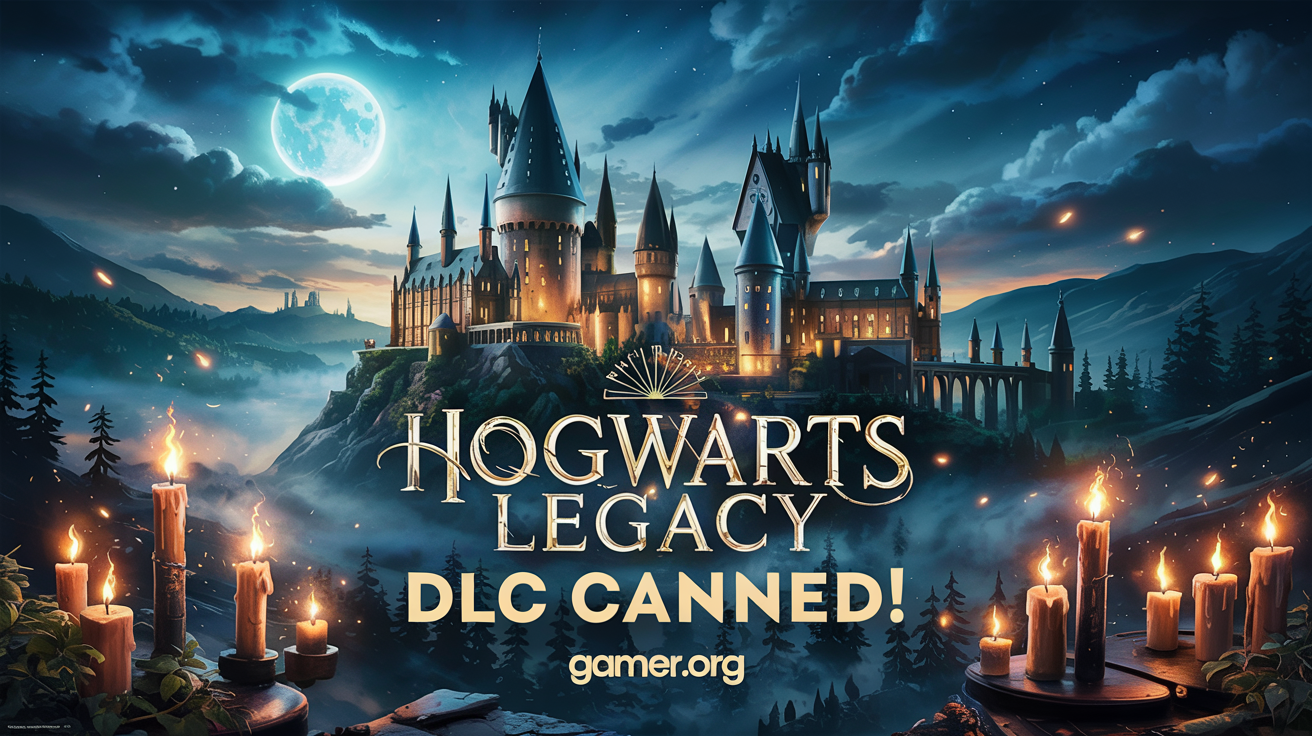Hogwarts Legacy Expansion Canned Amid Warner Bros Restructuring

Warner Bros has officially cancelled the long-rumored Definitive Edition of Hogwarts Legacy, a surprising move that comes amid broader restructuring at the entertainment giant’s video game division. Although the expansion and re-release had never been formally announced, sources reveal the content was well into development before Warner Bros pulled the plug.
This decision reflects a larger shift within the company, as leadership reevaluates what projects will bring the best return in an increasingly volatile market. The scrapping of the Definitive Edition suggests the company aims to avoid the kind of high-cost flops it experienced with titles like Suicide Squad: Kill the Justice League.
Internal Restructuring at Warner Bros Games
The cancellation follows significant leadership changes within Warner Bros Games. David Haddad, the former head of the division, recently left the company under unclear circumstances. Since then, the executive above him has assumed direct control while the search for a replacement continues.
This leadership vacuum coincides with ongoing evaluations of active and planned projects. According to insider reports, Warner Bros decided to cancel the Definitive Edition of Hogwarts Legacy because the proposed content failed to justify its projected price tag. Reports indicate the re-release may have included minimal additional content—possibly just an hour or two of gameplay—alongside the base game, priced around $70.
When compared to other companies offering substantial expansions for free or at low cost—such as The Last of Us Part II‘s new roguelike mode or God of War: Ragnarok‘s Valhalla DLC—Warner Bros likely determined the value proposition was too weak.
Rocksteady’s Uncertain Future
The cancellation raises serious questions about the future of Rocksteady Studios. The studio had been collaborating on the Definitive Edition alongside Avalanche Software. Rocksteady previously developed the critically panned Suicide Squad title, one of the most expensive failures in Warner Bros’ recent history.
Given the company’s renewed focus on cutting losses and maximizing profitability, Rocksteady’s track record puts them in a precarious position. Despite rumors of a new Batman game pitch, Warner Bros has not confirmed any greenlights. The possibility of Rocksteady shutting down looms large, especially since many of the original developers, including founders Sefton Hill and Jamie Walker, have already left the studio.
Hogwarts Legacy Sequel Still in Development
While the Definitive Edition has been shelved, the Hogwarts Legacy sequel remains in active development at Avalanche Software. The team continues to hire aggressively, signaling Warner Bros’ commitment to expanding its Harry Potter franchise.
Early plans for the cancelled expansion reportedly included restoring a cut companion storyline, likely tied to the Ravenclaw house. In the original game, Ravenclaw players lacked a dedicated questline, unlike other houses. The expansion would have addressed this by focusing on Amit Thakkar, the would-be Ravenclaw companion who only had limited involvement in the base game.
Despite the setback, Avalanche’s hiring efforts suggest the sequel will be ambitious. Rumors also hint at potential crossovers with the upcoming HBO Harry Potter series, although the series’ timeline diverges significantly from Hogwarts Legacy‘s late 1800s setting.
Warner Bros Shifts Focus to Core Franchises
Following a difficult 2024, Warner Bros has made sweeping changes to its gaming strategy. The company shuttered three studios, cancelled multiple projects—including a Wonder Woman-based title—and replaced key leadership. These moves reflect a renewed focus on proven moneymakers like Mortal Kombat and the Harry Potter universe.
The broader entertainment push also includes the Harry Potter-themed Ministry of Magic world at Universal’s Epic Universe in Orlando. With so much investment riding on the franchise, Warner Bros seems determined to protect and prioritize Hogwarts Legacy and its sequel above riskier ventures.
The cancellation of the Definitive Edition marks a shift in Warner Bros’ priorities. The company now favors clear-cut winners over experimental add-ons or overpriced re-releases. While this may mean fewer releases, it could lead to stronger games overall—assuming Warner Bros can avoid repeating the mistakes of its recent past.













